
Our five most read blogs of 2017
We take a look back at our top five most-read blogs of 2017.
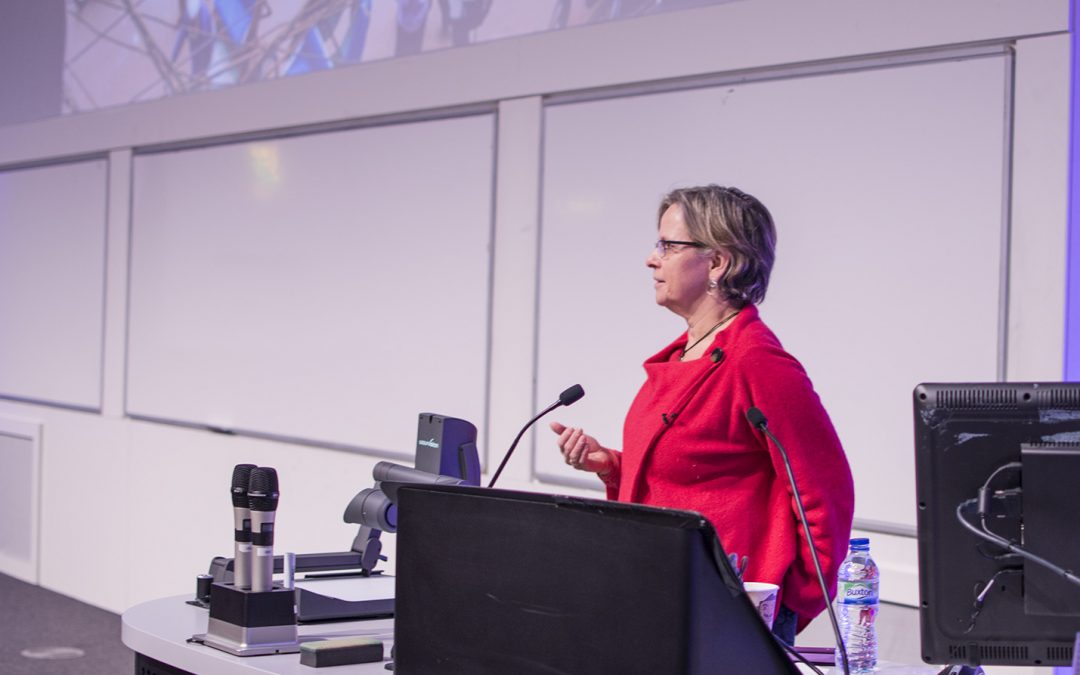
GDI Lecture Series: Oxfam’s use of evidence for influencing with Dr Irene Guijt
On Wednesday, 13 December, Dr Irene Guijt gave a lecture entitled ‘Evidence for Influencing: Balancing research integrity and campaign strategy in Oxfam’. You can listen to the podcast below.
- Find out more about the other talks in our GDI Lecture series
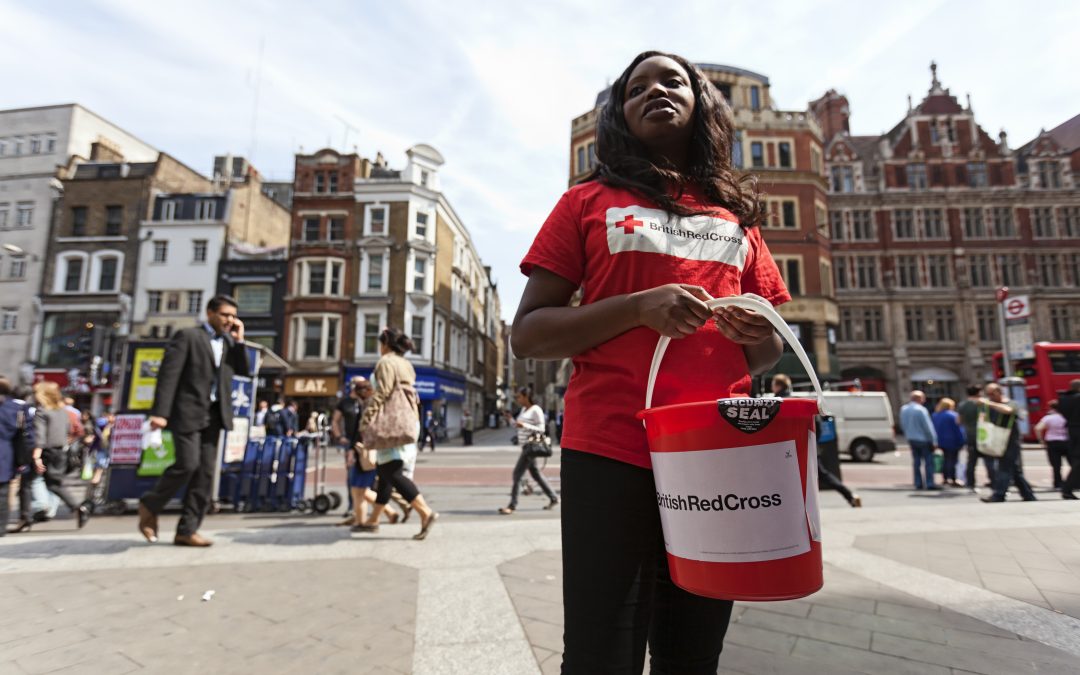
Aid scepticism isn’t damaging donations to international charities – but it might in future
Dr Nicola Banks , Lecturer, International Development: Urban Development and Global Urbanism
Christmas is a time for giving, when people think about how to extend their generosity to those in greater need. We put additional items in our trolley to donate for food banks, have a clear out of blankets, warm clothes or toys for local charities, or search for unique charity gifts that help disadvantaged people overseas.
Since the financial crisis, international aid and development spending has been in the firing line. The British government’s pledge to spend 0.7% of gross national income on aid has acted as a lightning rod for criticism from the right-wing media, who claim the money is mispent and that it should be spent in the UK.
My colleagues and I were interested in exploring the effects of austerity and the continuing narrative of aid scepticism on the development sector. So we embarked on a quest to map the UK’s development NGOs, including charities who help in emergency situations as well as those funding longer-term development projects.
We’ve now produced a database of over 900 development NGOs that spend over £10,000 a year, tracking their incomes and expenditures from 2009 to 2015 (the last year of publicly available data). In 2015 alone, we found that the British public contributed 40% of the sector’s overall income of nearly £7 billion – equivalent to around half of aid spending of £12.2 billion by the government in that year. read more…
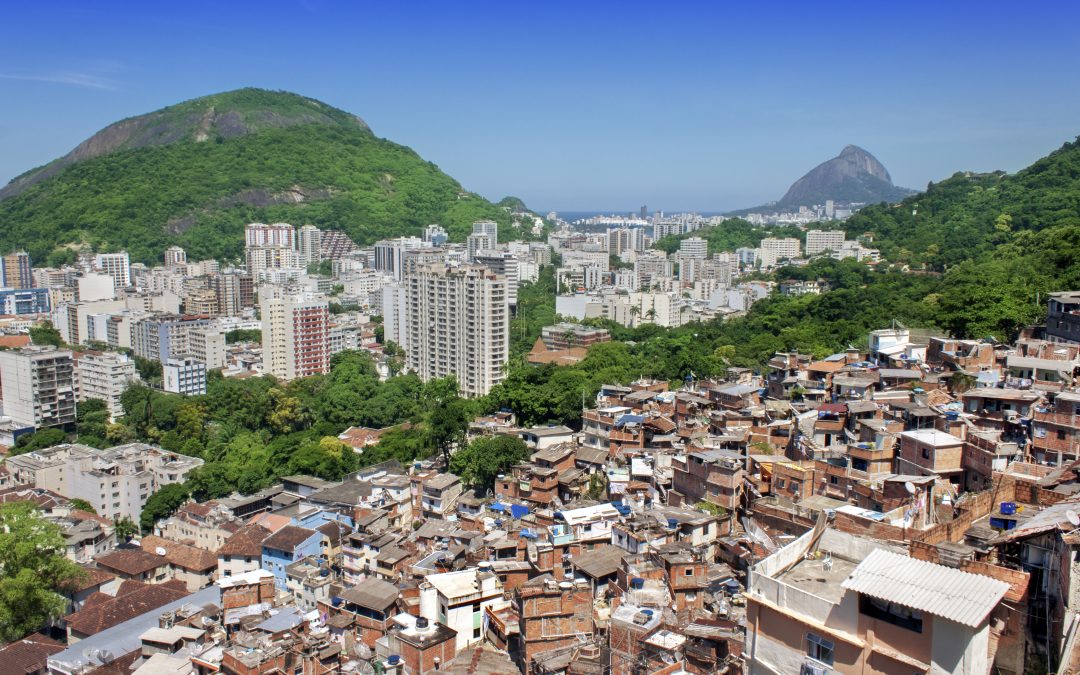
The see-saw effects of inequality
Kunal Sen, Professor of Development Economics, Global Development Institute
When commentators refer to rising inequality, they mostly mean increased inequality in rich countries like the US. But while national inequality may have increased in some countries, global inequality has decreased significantly over the past 25 years. Professor Kunal Sen explains more.
Consider two workers, one in the Rust Belt state of Wisconsin in the United States and the other in Shanghai, China. The American worker has seen their real wages stagnate for a long time, contributing to large increases in inequality in the US. The Chinese worker has seen their real wages slowly converge to those of the American worker.
Whose disparity should we care most about? That of the American, who has become worse off in relative terms in their own country over time? Or the Chinese worker, who has both grown richer in absolute terms, and whose position has improved as compared to their American counterpart? read more…

A love letter to Manchester: My year at the Global Development Institute
Hamza M. Arsbi, MSc International Development and CEO of Science League
The University of Manchester is a world-renowned institution with an impressive record, which is why I choose to study my Masters in International Development at its Global Development Institute. However, the city of Manchester itself, still trying to grow beyond its industrial past and compete as an international hub, is still a very underappreciated city. My year at The University of Manchester has taught me so much more than what my course curriculum contained. The city, the University, and its people have given me a transformative experience. read more…
Academia-fatigue, systemic shocks and the power of drama
This blog originally appeared on the Manchester Migration Lab website
Blog by Natalie Anne Hall, PhD Candidate, Sociology, The University of Manchester
As researchers, we often register for conferences excited and hopeful, arrive at them slightly nervous and, as our energy wanes throughout long days of listening, thinking and acting out our professional personas, leave them rather exhausted. Moreover, as human beings, our levels of motivation, concentration, and intellectual capacity are not constant. Once in a while I find myself experiencing ‘academia-fatigue’, longing for a more human or ‘real-world’ experience of research and its relevance. It was amidst these vague sentiments that I sought reprieve in ‘The Tin Ring’ performance at the Migration Lab’s World on the Move conference. read more…
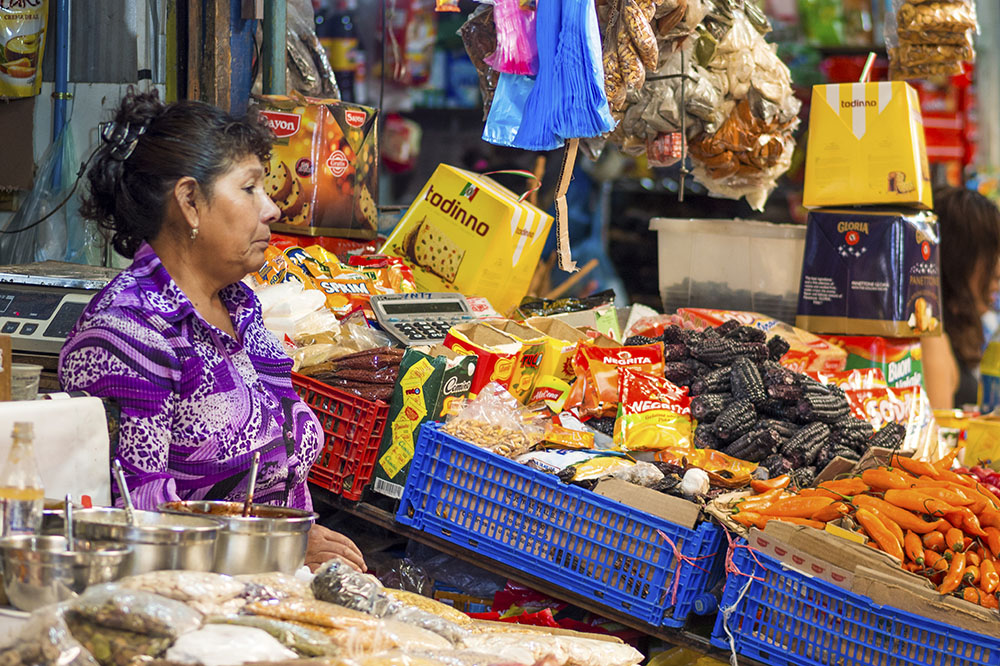
Social Mobility Research in the Global South: What Do We Know? What Do We Need to Know?
By Vegard Iversen, Anirudh Krishna and Kunal Sen
In spite of recent and unprecedented poverty reduction, the notion that an individual’s expected level of achievement should be ‘a function only of his effort and not of his circumstances’ remains a distant ideal. While research has added to our understanding of poverty dynamics and of policies to alleviate deprivation, most poverty escapes continue to be marginal and fragile.
When gauged, instead, as steps on a ‘rags to riches’ or social status ladder – and from one generation to the next – it becomes clear that moderate or large individual ascents and the drivers of such more notable achievements, are neither well documented nor particularly well understood.
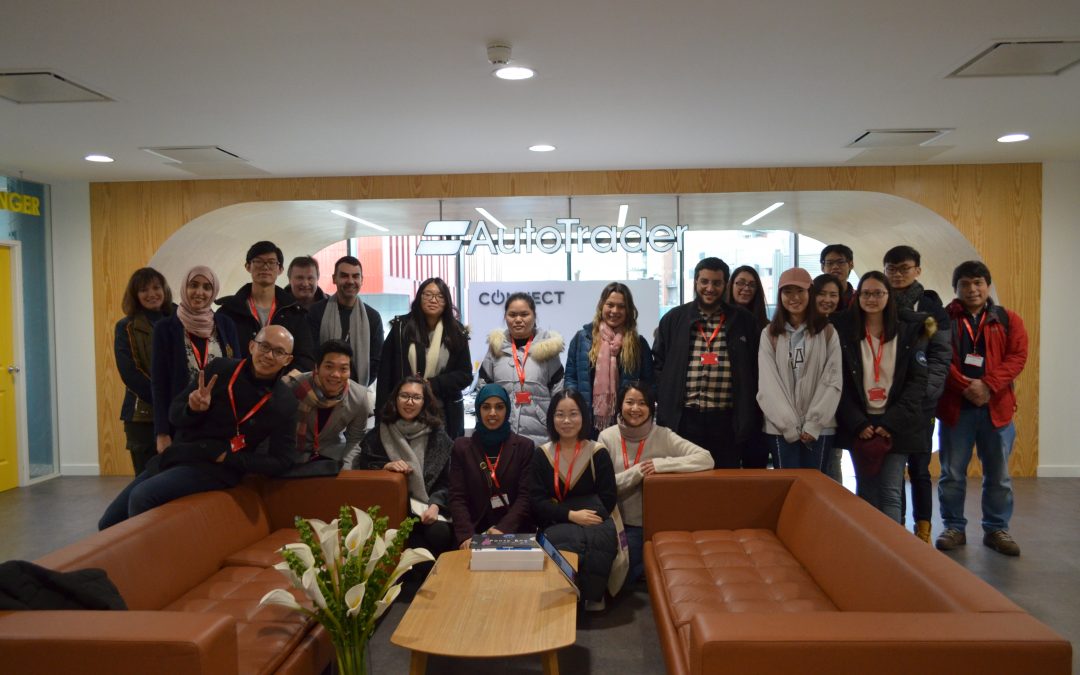
MSc Organisational Change and MSc Project Management Students Visit Auto Trader Group
On 1st December 2017, students on the MSc programmes in Organisational Change and Development and the Management and Implementation of Development Projects visited the Auto Trader Group headquarters in Manchester. Auto Trader is a large private sector company, listed in the FTSE 250 index, which has undergone a remarkable transformation from a paper-based to a high technology digitally-driven business organisation. The visit, organised as part of the two MScs’ programmes of enhanced activities, provided the students with an opportunity to gain insights into some of the practice-focused people and change management challenges faced by private sector organisations. We asked two of the MSc programme representatives to reflect on the visit. read more…

From international development to global development
By Rory Horner and David Hulme, Global Development Institute
The study and practice of international development has generally referred to the differences between ‘developed’ and ‘developing’ countries. Growing inequality between developed and developing states during the 19th and 20th centuries presented a clear task; to address the challenges faced by a relatively synonymous poor people living in poor countries.
But for the last 30 years inequality between countries have been steadily reducing, yet our development challenges remain greater than ever. Our analysis of the new geographies of 21st century development (recently published in Development and Change ), highlights the need for a shift away from the idea of ‘international’ development, recognising a new form of ‘global’ development. read more…
Who is left out of history and why?
This blog originally appeared on the Manchester Migration Lab website
Blog by Ria Sunga, PhD Candidate, History, The University of Manchester
The World on the Move Conference was an excellent opportunity for me, as a PhD student, to listen to colleagues and scholars talk about their research. If there was one word I could use to describe the conference it would be: inspiring.
I just returned from some archival research, which to be honest, was exhausting. I returned to Manchester feeling a bit burned out and needed some motivation. This conference was just what I needed. Not only did I learn about the research taking place at the University, but I was also able to meet and discuss with students and researchers from other institutions. The diversity of topics and participants represented the global nature of the field we are all immersed in. Here in Manchester, ideas and conclusions converged to create a dynamic conversation on migration.
I’m in the early stages of my research on refugees and history. Listening to those who have dedicated years to studies in the field of forced migration and history gave me new perspectives and insights to consider. Scholars like Joy Damousi and Yaron Matras reminded me that there are many more persons left out of the discourse, such as women and children, and ethnic minorities. Displacement has its roots from war and conflict, but Laura Hammond discussed the irregular causes of migration too, making the reasons for movement more complex than many choose to see. The conference also provided a venue to discuss future research. Peter Gatrell presented on his upcoming book, Common Ground, which focuses on immigration to Europe. His historical approach links the past to the future of this area of study, leaving me to wonder how methods, concepts and approaches can evolve during my own research.
What resonated with me was Joy Damousi’s presentation on child refugees throughout the 20th century. She traced the history of how children were displaced amidst war and conflict, starting with the Armenian Genocide until the Cold War. Children, she said, have been left out of this history and her research illuminated their experiences in a time of violence. She also discussed the generosity of individuals who helped them, mainly from her research on Australia. I enjoyed the snippets of the lives of certain persons, like Esme Odgers, who left Australia to care for these children. This made me realise how often history tends to forget those who worked tirelessly in the spirit of humanitarianism to reach out to people they don’t know – the kindness of strangers. It’s these personal histories that inspire me to research on refugee assistance and protection.
Refugees’ voices need to be heard. Roisin Read’s presentation on the journey of refugees in Africa have also enlightened my perceptions of the different experiences and negotiations that refugees and displaced persons make. Yolanda Weima challenged the notion of ‘peace’ and how returned refugees in Burundi defined it. Peace, I believe, is a critical lens to use. Most of what I’ve encountered in my consulted literature were discussions on violence, which caused many to flee their homes. Peace, however, can further deconstruct ideas on resettlement, belonging and asylum. These terms are complex and dynamic – there is no one way to define them.
As a student, relatively new to refugee studies and history, this conference was a great opportunity to see various research that are critical about policy, refugee representation, humanitarianism and refugee voices. It’s inspiring to know how many more facets of migration and movement there are to explore, discuss and learn about. These are the views from not just one part of the world. They reveal the global nature of migration and its evolution, which challenges accepted norms and perceptions. Indeed, my own perceptions have changed throughout my studies. It is also humbling to know that such research can have impact, leaving me to think about my own work and how I can create some impact. As I embark on another chapter of archival research, these are the thoughts I take with me.
Note: This article gives the views of the author/academic featured and does not represent the views of the Global Development Institute as a whole.
